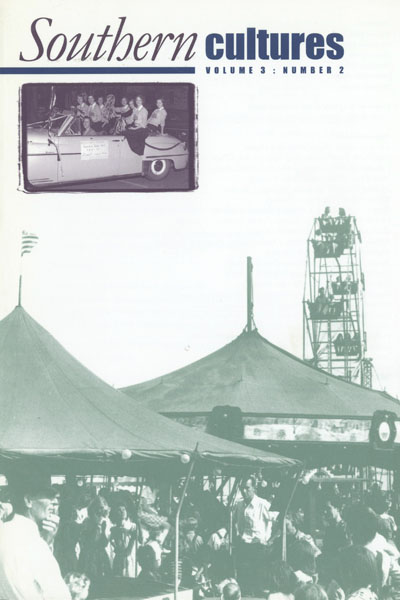“By the last tune, singers have indeed made ‘heaven’s portals ring.'”
In 1921 Herbert McNeill Poteat, professor of Latin at Wake Forest University, had heard enough: the abominable condition of southern hymnody must be corrected. Despite the large number of edifying denominational hymnals, he complained, the singing public seemed bent on supporting a horde of “howling, prancing, evangelistic singers,” whom he caustically labeled the “Religious Ragtime Association.” Rather than majestic and reverential compositions, they peddled “‘sacred twaddle” possessing only a “thin veneer of religion” that inspired “whooping, squalling and bellowing.” That singers seemed to have an unquenchable thirst for these books excited Poteat’s boundless indignation. “How in heaven’s name,” he thundered, “can a one-step, beslimed with the sensual postures of a dance hall, make its way, as the bearer of holy adoration, above the earth and into the pure air of the New Jerusalem?” How, indeed?


